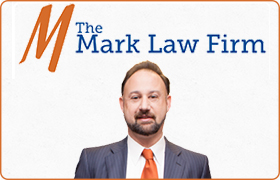 Cranford Juvenile Law Lawyers, New Jersey
Cranford Juvenile Law Lawyers, New Jersey
Sponsored Law Firm
-
 x
x

Click For More Info:
-
Mark Law Firm
675 Morris Avenue, Suite 102 Springfield, New Jersey 07081 » view mapCar Accident Call Now For A Free Initial Consultation
Life changes drastically in the aftermath of a serious accident or injury. Emotional and financial ramifications can also be extensive.
800-736-9780  Jamison Mark Basking Ridge, NJ
Jamison Mark Basking Ridge, NJAttorney At Law - NJ, 2000
Widener University SOL, J.D. - 1999
 Overview
OverviewMark Law Firm is a full-service firm representing the interests of its clients.
 Testimonials
Testimonials"He is certainly one to go to the limit for his clients and his friends."
Sponsored Lawyers
1-4 of 4 matches
Criminal, DUI-DWI, Juvenile Law
Blair R. Zwillman has over 40 years of experience with the criminal justice system. After serving as a Law Clerk to Superior Court Judge Joseph M. Thuring in Hudson County, he became a Deputy Attorney General in the Division of Criminal Justice, a section of the New Jersey Attorney General's Office. There he prosecuted cases. In 1979, he left state service and began the private practice of criminal law, with his primary goal to assist and defend those charged with a crime. Mr. Zwillman is well regarded by his peers and is a frequent contributor to legal publications. He has successfully defended those charged with both white-collar crimes and all other crimes. His practice includes federal court matters nationwide, New Jersey state matters, public agency cases, and municipal case matters. He also handles licensing issues for doctors, dentists, and other professionals before state licensing boards.
(more)






